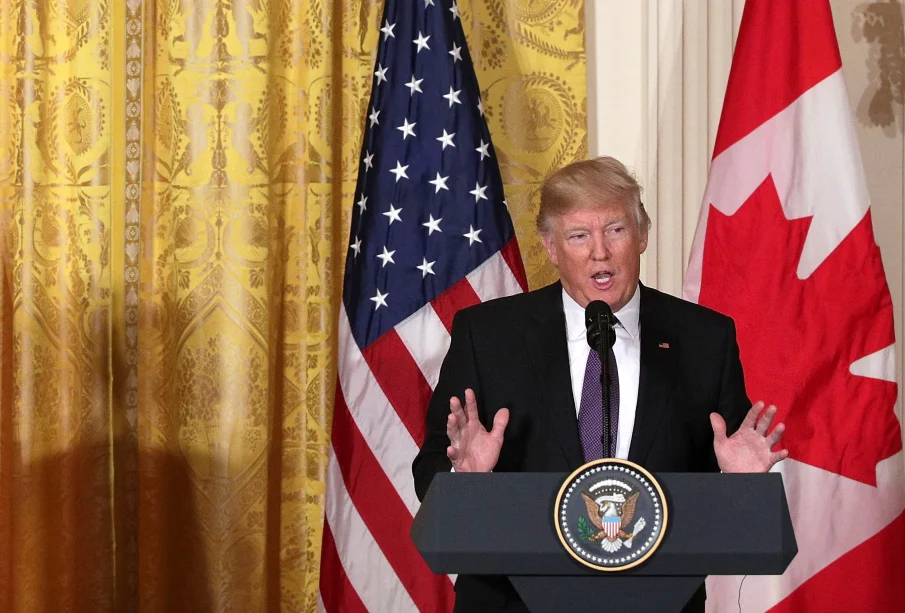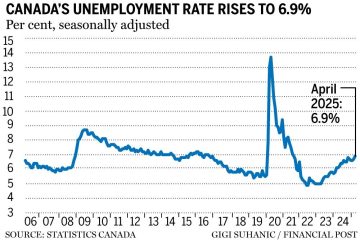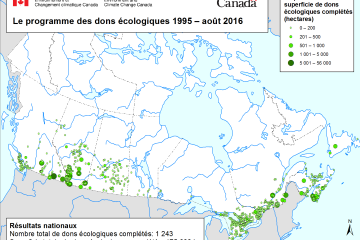Navigating Canada and Donald Trump’s Relationship

Introduction
The relationship between Canada and Donald Trump during his presidency from 2017 to 2021 has been a topic of much discussion, reflecting significant implications for trade, diplomacy, and cross-border cooperation. Understanding this dynamic provides insight not only into the political landscape of North America but also into how changes in leadership impact bilateral relations.
Trade Tensions and Negotiations
Throughout Trump’s presidency, Canada found itself navigating complex challenges, particularly in the realm of trade. The renegotiation of NAFTA (North American Free Trade Agreement), which Trump deemed ‘the worst trade deal ever,’ led to an eventual replacement, the United States-Mexico-Canada Agreement (USMCA). Although the updated agreement included improvements for some Canadian sectors, it still reflected the tensions arising from Trump’s ‘America First’ policy, often putting Canadian interests on the defensive.
Diplomatic Relations
Beyond trade, the tone of diplomatic relations shifted. Trump’s approach often included personal jabs and controversial remarks, especially regarding Canadian Prime Minister Justin Trudeau. A notable instance was at the G7 summit in 2018, where Trump openly criticized Trudeau’s handling of trade agreements, which led to a brief fallout. Despite these tensions, both nations managed to uphold a functional partnership on many fronts, including security and environmental issues.
Impact on Public Perception
Public perception regarding Trump in Canada was largely negative, with various polls indicating that many Canadians disagreed with his policies. This sentiment was evident in the 2019 federal election, where issues intertwined with U.S.-Canada relations were pivotal for many voters. Relations continued to be scrutinized under the guise of social issues, as Trump’s policies on immigration and climate change starkly contrasted with Canadian values.
Post-Presidency Dynamics
Since leaving office, Donald Trump has remained a polarizing figure. His ongoing influence within the Republican Party has implications for future U.S.-Canada relations, particularly as Canada prepares for its ongoing challenges with the U.S., in a changing political landscape. Additionally, Trump’s indictment related to various legal concerns has sparked discussions on how this could reshape the Republican Party’s stance and, consequently, bilateral relations.
Conclusion
The relationship between Canada and Donald Trump has highlighted the complexities of North American diplomacy during turbulent political times. As electoral dynamics shift and new leaders emerge, the way forward will likely depend on a delicate balance of mutual interests and respect. Observers of international politics will continue to monitor how these relationships evolve, underscoring their significance in broader global contexts.









